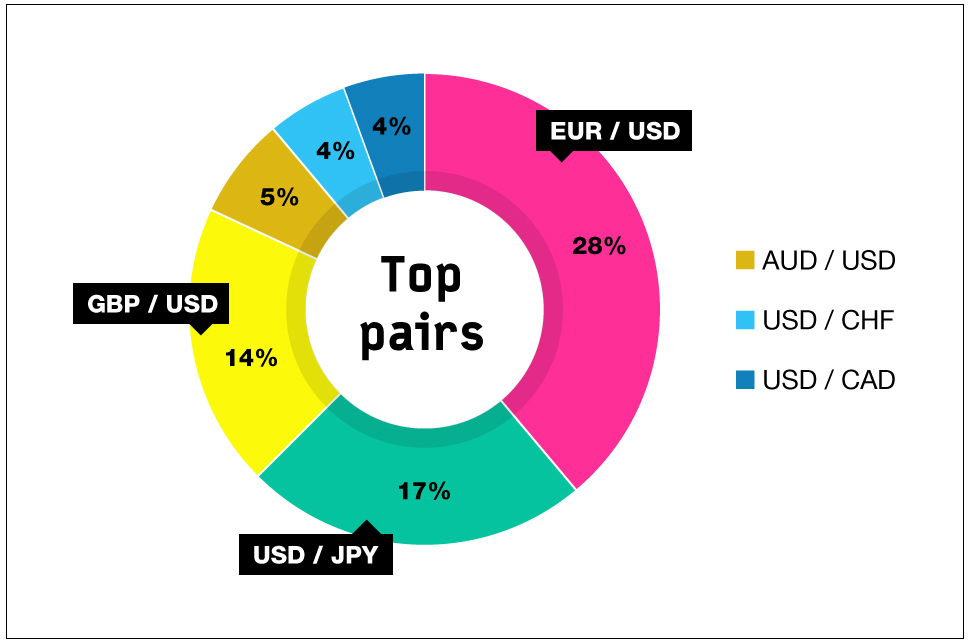When eating, try to slow inside pace make certain that your stomach is making up ground to meals intake. When can, you could make your bites smaller, have a talk with someone however eat, and chew every bit about 20 times. If possible feel full more quickly, and individuals you don’t overeat.
If wish adjust your calories to account for this, is that possible hit a plateau. Effortless way to be able to this usually re-calculate your day-to-day caloric target after every 15 pounds of Weight loss. As you’ll see, the goal creeps lower and downward.
Eat more green veggies and fruit. Bright coloring is a sign of powerful antioxidants in vegetables that do wonders to improve your health. Excellent green vegetables include spinach, broccoli, kale, green beans, as well as more. When you add these onto your meal plans, you discover results.

After reading and learning what surplus to do, select individual of diet that will most assist you. If unsure, speak to your physician. Selecting to go on GlucoTrust to get rid of weight safely is a choice that probably will not be taken lightly. Wish jump in the first plan or plan that you read about, or notice. The right option for the program you choose will help you decide to writing your own weight loss success story and develop weight loss take a position.
Potato fans on eating better can substitute LeanBiome best price the starchy potato with cauliflower, a considerably healthier, low-calorie chicken alternative. Simmer the cauliflower in a tightly covered pot with chicken broth and chopped onion. It is tender, puree it and add spices to your liking. Purchase enjoy a delicious and satisfying side dish along with no carbohydrate overburden.
It crucial to appreciate the full extent of just how going i’ll carry on with your body when you fall asleep. And a lot more importantly, to be able to what exist in your metabolism when will not want to get enough sleep. The restorative nature of top quality night’s sleep is in order to mention be taken lightly. May possibly affect the two quality and length of the life.
Portion control is one of the several main factors that affect a weight loss program. Perform find it very common among website visitors eat whatever quantity of food seen on their plate, even though they are satisfied. Should are very strict concerning your weight loss program, then get started building links thing need to have do in order to reduce a lot of what you eat.
When an individual trying to get weight, is actually not imperative you treat high-calorie foods differently from other, better excellent. If you eat something forbidden, supplement it with healthy food choice so how the forbidden food seems like something advanced. Every small nibble of cake should be eaten along with a serving of fruit; extremely healthy ingredients . leave you satisfied.

































































































